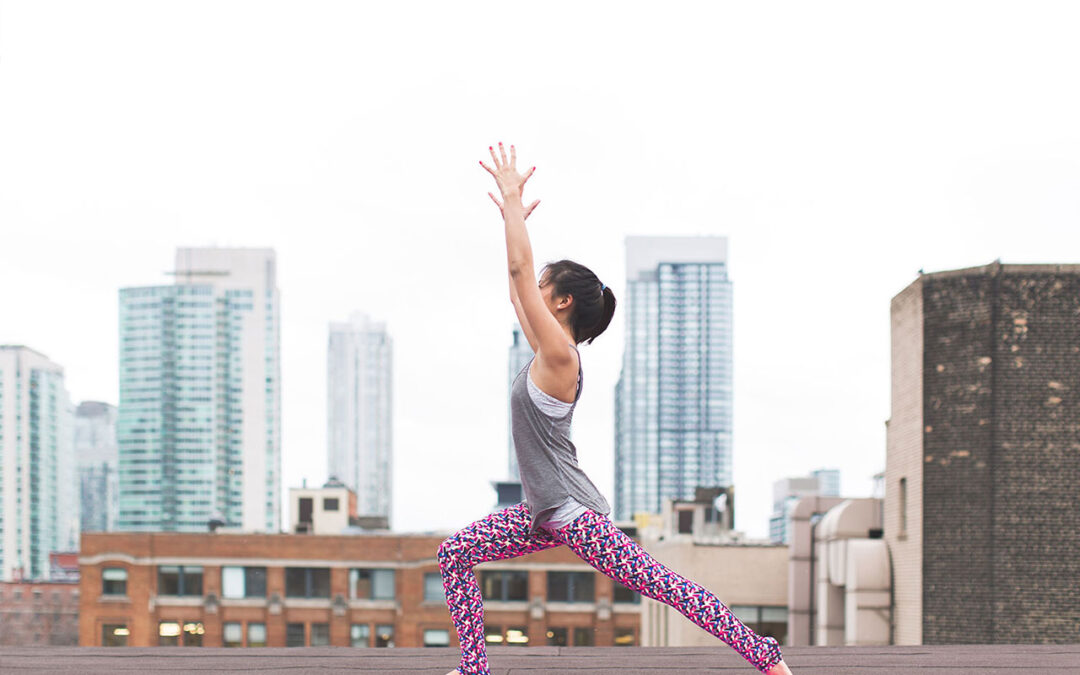The combination of a high-stress and sedentary lifestyle has led to an increase in the number of people suffering from chronic diseases. Chronic diseases like obesity, hypertension, diabetes, and depression result from habits that are no longer sustainable today. But what makes things worse is that these conditions don’t just harm your health; they can also negatively impact your quality of life. These environmental and lifestyle changes have led to increased stress, depression, and anxiety in young adults. However, it’s never too late to take action and try new things to improve your physical and mental health.
Exercise to improve physical and mental health
Physical activity is as essential for your mental health as it is for your physical health. When you exercise, serotonin and dopamine levels rise, helping to alleviate symptoms of anxiety and depression. Regular exercise also releases endorphins, which help reduce stress and improve mood. Physical inactivity is a significant risk factor for depression, so get moving to reduce your risk. In addition to helping your mental health, regular exercise can also improve your sleep quality and reduce fatigue, which can help your productivity and overall productivity at work. Exercise can also help to improve your quality of life by reducing pain and allowing you to remain independent for longer. If you need help to improve your fitness and remove harmful body fat, therapies such as FlexSculpt 360 are an option.
Reduce stress levels
Stress is an inevitable part of life, but it is essential to learn how to manage it. This can be done through healthy eating, regular exercise, mindfulness, and social interaction. Healthy eating does not just mean eating a balanced diet but also making more nutritious food swaps. Instead of sugary drinks, try consuming water or herbal teas like chamomile, peppermint, or lemon balm. Instead of eating greasy food, try eating more grain, legumes, and vegetables. Instead of smoking or chewing tobacco, take part in stress management activities like meditation, yoga, and breathing exercises. And instead of spending too much time on social media, spend time with friends and family.
Make healthier food swaps
The fact that many people are now becoming more aware of their health and are trying to make healthier food swaps has led to the rise of the alternative milky drinks market. Looking at the ingredients of your favorite drinks, you will find that they are full of sugar and are not very nutritious. Plant-based milk like soy, almond, or coconut milk are good alternatives. Try swapping regular white bread for whole-grain bread and regular pasta for whole-grain pasta. Try replacing traditional table salt with sea salt or herbs to lower your salt intake.
Take time to rest and relax
While a school of thought advocates for working more, the importance of rest and relaxation cannot be understated; taking regular breaks from your work (at least every 90 minutes) will make you more productive in the long run. Taking time to rest and relax also helps reduce stress and improves your productivity in the long run. Regular therapy sessions help reduce stress, depression, and anxiety. You can also try relaxation techniques, including yoga, meditation, or reading.
Take a digital detox
Social media has become a part of our daily lives. But the truth is, it is not the most productive activity. It can be pretty harmful to your mental health. Studies have shown that spending too much time on social media has increased stress, depression, and anxiety in young adults. While this doesn’t mean you must delete all your social media accounts, you can take some steps to take a digital detox. This can include unfollowing social media accounts that incite anxiety and taking regular breaks from your phone and computer. A digital detox can not only reduce stress and improve your mental health, but it can also help you to become more productive.


